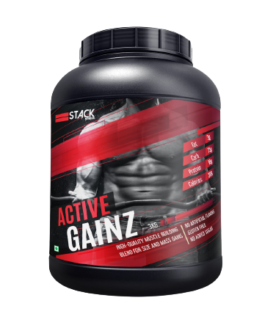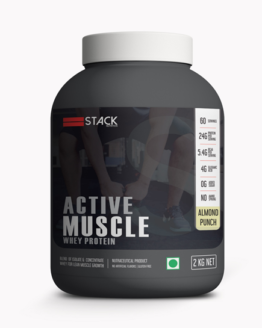Protein is arguably the most important nutrient for anyone aspiring to maintain a healthy lifestyle or putting in time at the gym. It constitutes nearly 20% of the human body and is responsible for all the muscle building we engage in. Proteins, however, are themselves made up of an organic compound known as amino acid – aka the ‘building blocks’ of proteins.
For the uninitiated – amino acids are a class of carbon and nitrogen based compounds that have been known to alleviate our mood, boost athletic performance, help with sleep and partake in several other metabolic functions including but not limited to protecting the heart.
Amino acids are of 20 different types and can be broadly divided into 2 categories:
Non Essential– They are 11 in number, and these amino acids can be synthesized by the body. Therefore they are non essential to our diet.
Essential– This is a group of 9 amino acids that cannot be synthesized by our bodies. Therefore their inclusion in our diet is necessary.
There is also a group of amino acids excluding the 20 above which are usually not essential, but are needed during illness or stress. They are called Conditional Amino Acids. Though it’s not necessary to include them in our daily diet, a proper balance is important.
How Amino Acids Are Important
The importance of amino acids is paramount. Here are a multitude of ways in which they help, particularly for a fitness oriented person:
- Stimulates STH
STH is a growth hormone that is released during sleep, primarily at night. It is helpful for weight loss, as STH can stimulate the building of protein from amino acids and in turn oxidize fat. Since there is no supplement for it, amino acids that promote secretion of STH can be essential supplements.
2. Blocks fat storage
One amino acid, Glutamine, can be converted to Glucose that is the main source for energy in our body. Glutamine can do so without forcing the body to store extra energy as fat. It also reduces sweet cravings, which can come in handy for anyone engaged in a healthy lifestyle.
3. Boosts performance
Amino acids boost a person’s athletic performance. A study of 16 athletes has shown that amino acids gave them more energy, relieved fatigue, improved recovery time and maximised their workout efficiency.
4. Prevents muscle loss
In older adults, muscle loss can be a pronounced complication, especially for those on bed rest or with prolonged illness. Essential amino acids have been found to reduce muscle loss and preserve lean body mass, by upto 30%.
5. Helps improve sleep
Sleep is a big factor for anyone who’s exercising regularly. Giving the muscles an adequate amount of time to recover from wear and tear is very important. Amino acids have been shown to be necessary in the production of Serotonin, a neurotransmitter that regulated our mood and improves sleep.
Besides all this, amino acids have also been discovered to help people with depression, accelerate muscle formation and increase strength among non athletes.
Sources of Amino Acids
Some of the most prominent sources of amino acids are:
- Poultry and fish are excellent sources of amino acids. Chicken, Turkey, tuna, salmon are the most popular choices in this category
- Quinoa and buckwheat contain all the 9 essential amino acids, making them superb protein sources as well.
- For someone with a plant based diet, it is harder to gain all the essential acids from just one or two plants, so you’d require a mixture of sources like beans, nuts, seeds, whole grains in addition to daily intake of vegetables.
- Milk along with other dairy products is also a good source of amino acids.
In a nutshell – amino acids are crucial for the proper functioning of a healthy body, and can have significant effects on your lifestyle and fitness if taken in proper amounts.

